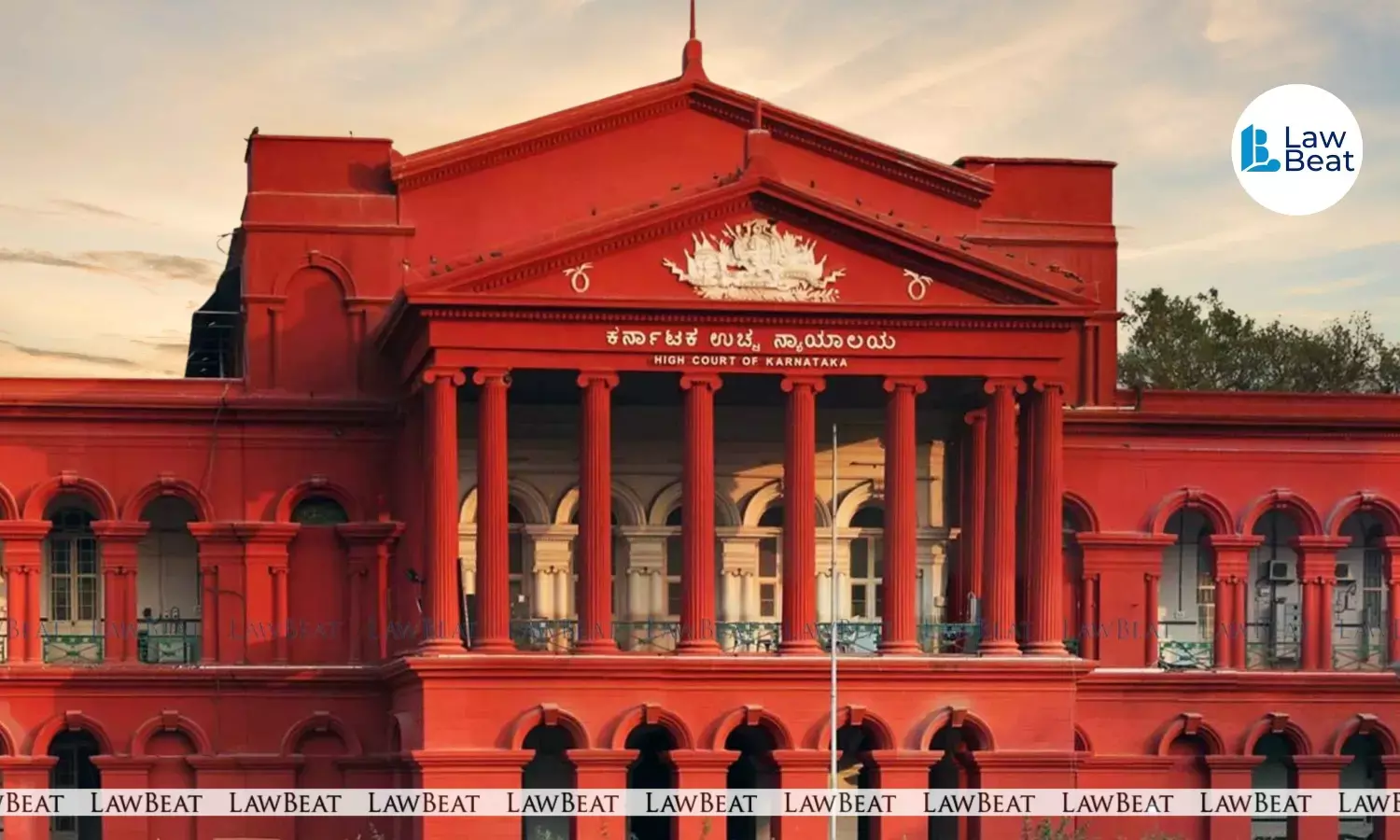Karnataka HC Upholds CID Charge Sheet Against SBI, PNB Executives in Rs 78.5 Crore Fraud Case

The Karnataka High Court recently dismissed the petitions filed by State Bank of India (SBI) and Punjab National Bank (PNB) officials, and upheld the charge sheet filed in 2018 by the Criminal Investigation Department’s Economic Offences Division (CID-EOD) in a high-profile fraud case involving Bengaluru-based Metal Closures Pvt. Ltd.
The bench of Justice M.G. Uma, in an order dated July 23, ruled that there were sufficient prima facie materials to proceed with a full trial, rejecting the petitioners' argument that the case was an abuse of the legal process.
The criminal proceedings originated from a complaint filed by Sri Prashanth Hegde, the Managing Director of M/s Metal Closures Private Limited, with the Ashoknagar Police. According to the complaint, accused No. 1, a former Chief Financial Officer of the company, and accused No. 2, the Deputy Chief Financial Officer, along with other bank officials, were involved in a large-scale financial conspiracy. The core allegation revolved around the use of forged documents, specifically loan and credit requirement forms bearing the forged signatures of Hegde.
A Forensic Science Laboratory (FSL) report later confirmed the signatures were indeed forged. The prosecution argued that these forged documents were accepted by the bank officials to facilitate the wrongful transfer of substantial funds, causing significant loss to the company.
The petitioner bank officials argued that the criminal complaint was a retaliatory "after thought" filed only after the banks had initiated proceedings against M/s Metal Closures under the SARFAESI Act. They argued that they were protected under Section 32 of the SARFAESI Act for actions taken in good faith.
Further, they pointed to civil proceedings before the Debt Recovery Tribunal (DRT-I), where their actions were not found to be at fault. They claimed that the allegations were baseless and that the criminal case was a deliberate attempt to intimidate bank officials who were simply acting in their official capacity. The petitioners’ lawyers contended that the investigation was biased and failed to consider the documents and evidence they had provided.
In response, the prosecution presented a compelling case, citing a voluminous charge sheet that was the result of a three-year-long investigation. The CID's investigation concluded that the SARFAESI action against M/s Metal Closures Private Limited was intended to shut down the company. The charge sheet referred to the removal of servers and data from the premises. The investigation also found that forged RTGS and cheque payments were made based on forged documents. It also alleged that stocks were sold from the factory.
The prosecution emphasized that the FSL report served as crucial evidence, proving the forgery of signatures. They argued that the proceedings before the DRT were entirely separate from the criminal case, as the DRT does not address criminal aspects like conspiracy, fraud, and forgery. The prosecution also highlighted evidence of malafide intent, such as the alleged removal of computers and servers from the company premises while it was under the informant's control. They labeled the case as a "white collar crime" with a well-orchestrated plan to defraud the company.
In its detailed order, court drew a clear distinction between the scope of a DRT proceeding and that of a criminal trial. It stated that while the DRT focuses on the lender-borrower relationship, a criminal court is tasked with examining allegations of fraud and conspiracy.
The High Court noted that the banks had first declared the account of M/s Metal Closures Private Limited as an NPA on May 28, 2014, but later changed the date to January 31, 2010. Court found it noteworthy that the State Bank of India had offered a Rs. 10 crore working capital enhancement on May 10, 2014, which was declined by the company, only to declare it an NPA just 18 days later. The order also mentioned that SBI had withdrawn its first possession notice after its own legal opinion found the action to be legally unsustainable. Court further clarified that under the SARFAESI Act, there is no distinction between symbolic and physical possession.
Apart from that, court found that following their appointment by the banks on August 1, 2014, the concurrent auditor and a new security agency took control of the company. It was alleged that the bank's security was later removed by the accused officials in May 2017.
Court also noted that the company's operations came to a halt within four months of the bank taking over the day-to-day administration, leading to the company's closure
Court found that the FSL report alone provided a strong foundation for the case to proceed. Moreover, court made it clear that it was not its role to conduct a "mini trial" at this stage by evaluating every piece of evidence presented by the petitioners.
It concluded that since the police had produced sufficient prima facie evidence supporting the allegations, it was not an appropriate case for quashing the criminal proceedings.
Moreover, court affirmed that the petitioners would have a full opportunity to present their defense and cross-examine witnesses during the trial.
Case Title: Avinash Katware vs State of Karnataka and Others and connected matters
Order Date: July 23, 2025
Bench: Justice M.G. Uma
